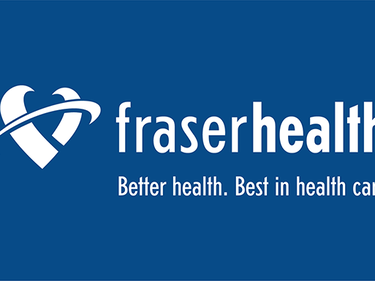
Fraser Health's Guide to Mental health and substance use impacts on youth
The guide to Mental health and substance use impacts on youth is brought to you by Fraser Health.
Youth is a time of growing, learning and changing. It can also be a time when behaviours may become more risky and youth may experiment with substance use. While not all youth will choose to use substances, many do experiment and some experience harms from their own or other’s substance use.
Alcohol is, by far, the most common substance used by youth. This is followed by cannabis and nicotine. Among youth, vaping has become a very popular way to use nicotine and cannabis. Additionally, a small number of youth use illicit substances and these youth are vulnerable to toxic drugs circulating in the community.
Alcohol is commonly consumed by adults in many social situations and youth often don’t realize that it is a drug that carries considerable risk. Intoxication puts youth at increased risk for injury, violence and overdose (also called alcohol poisoning). Long term alcohol-use can cause cancer and increases risk for heart disease, liver disease and many health issues.
Youth who use substances are at increased risk of mental health issues, such as depression and anxiety. All substances can have negative impacts on the way a child or youth’s brain grows and develops.
Helping youth to avoid or delay substance use for as long as possible can help protect their physical and mental health. It is never too early to talk to your child or youth about alcohol and substance use. Here are some tips to help you support your child or youth:
- Start by having open and honest conversations. Be a good listener. Avoid lecturing or making judgements.
- Look for natural opportunities to spark discussion including movies and media.
- Seek out factual information to share with your children. Work together to build life skills that help you and your child prepare for situations where substances may be offered.
- If you use alcohol or other substances, pay attention to when, why and how much you use. Have conversations with your children about how they feel about your alcohol or substance use.
- Encourage youth to delay the decision to use alcohol and other substances. Have conversations with them to see if they are thinking about trying alcohol or other substances. If they are, ask if they could wait for an agreed on period of time. Check in with them often.
- Have clear but caring boundaries and family guidelines about alcohol and substance use. Ensure your child feels safe and supported. For example, let them know you will provide a safe ride home for them or their friends if they need one.
Learn More: Substance Use in Children and Youth
Find out what services, programs and resources are available for your child and/or youth here.